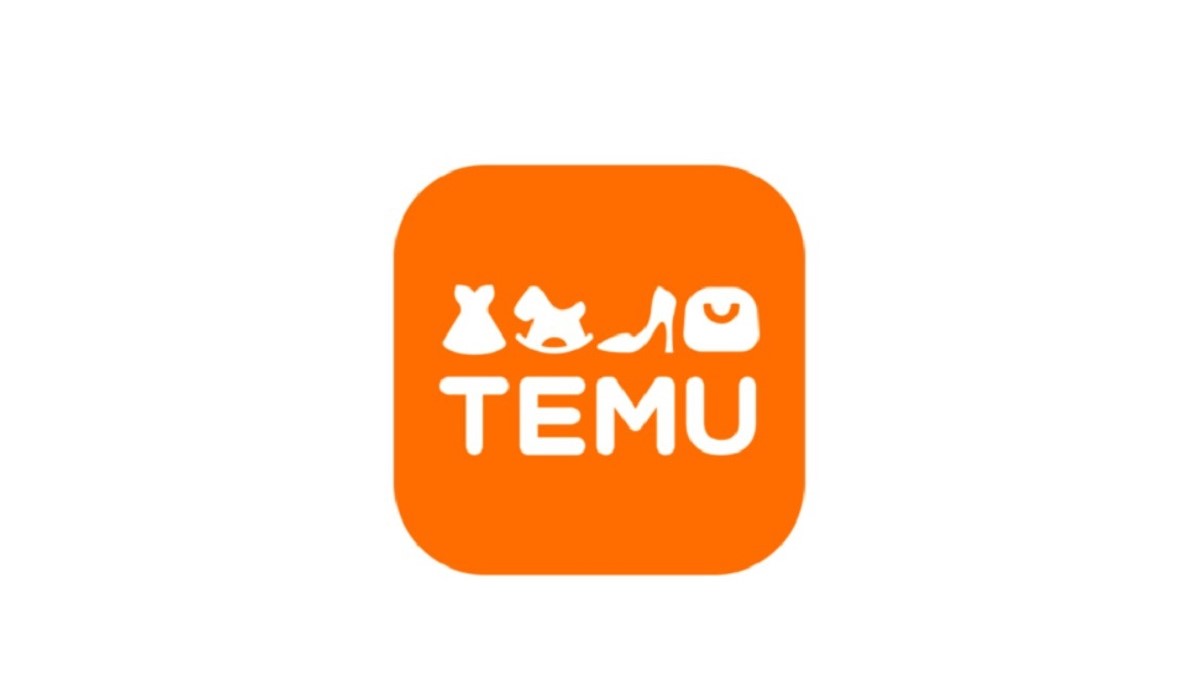Explore the dynamic world of Temu which has claimed itself to be fast fashion. Temu is a place where innovation meets style, as we delve into the realm of unraveling the pulse-quickening journey of trendsetting designs and rapid fashion evolution.
Temu emerges as a captivating force in the realm of fashion, seamlessly blending innovation with trendsetting styles.
This dynamic brand is a testament to the pulsating heartbeat of fast fashion, where every piece tells a story of rapid evolution and forward-thinking design.
Temu doesn’t merely follow trends; it sets them ablaze, infusing its creations with a unique fusion of contemporary aesthetics and cutting-edge concepts.
At the core of Temu’s ethos lies a commitment to delivering not just clothing but experiences that resonate with the fast-paced lifestyle of today’s fashion-forward individuals.
The brand’s collections celebrate diversity, offering a kaleidoscope of designs catering to many tastes.
Temu’s relentless pursuit of excellence extends beyond aesthetics, weaving sustainability into the fabric of its creations.
With an unwavering focus on quality and a penchant for pushing boundaries, Temu stands as a beacon of inspiration for those who seek to embrace the exhilarating journey of fashion in its most dynamic form.
Also Read: Fashion Nova: Who Is Richard Saghian Wife? Age Wiki And Net Worth
Who Is The Founder Of Temu?
The visionary behind Temu is Colin Huang, the astute founder of PDD Holdings, the parent company that oversees prominent e-commerce platforms such as Pinduoduo and Temu.
As of the latest Hurun China Rich List, Huang has ascended to the esteemed position of the third-richest individual in China.
His considerable fortune experienced a remarkable surge, expanding by nearly $14 billion to reach an impressive total of $37.2 billion, propelling him seven places higher than the previous year.
Colin Huang’s entrepreneurial acumen, particularly in the dynamic realm of e-commerce, has not only shaped the success of Temu but has also positioned him among the most affluent and influential figures in China’s business landscape.
Where Is Temu Operating From?
Temu, the dynamic e-commerce entity, operates from its base in Boston, Massachusetts, under the ownership and operation of the Ireland-based Chinese e-commerce conglomerate, PDD Holdings.
The strategic location in Boston positions Temu at the forefront of technological and business innovation, tapping into the vibrant landscape of the United States.
Known for its aggressive advertising strategies, Temu provides consumers with heavily discounted goods.
Notably, most of these products are sourced and shipped directly from China, aligning with the globalized nature of modern e-commerce and capitalizing on efficient supply chains to deliver cost-effective offerings to its diverse customer base.
This cross-continental operation underscores Temu’s commitment to providing a wide range of products at competitive prices, leveraging its international network to meet the demands of today’s discerning and value-conscious consumers.
Is Temu Fast Fashion?
Temu, a trailblazing force in the fashion industry, has carved its niche as a fast fashion brand, revolutionizing the market with its compelling combination of affordability and trend-forward styles.
Renowned for its swift response to ever-evolving fashion trends, Temu has disrupted conventional norms by offering an extensive array of chic clothing at remarkably low prices.

The brand’s disruptive approach extends beyond its price points, as it leverages the power of extensive social media marketing to create a dynamic and inclusive community of fashion enthusiasts.
Temu’s commitment to accessibility and rapid adaptation to the latest trends has positioned it as a frontrunner in the fast fashion landscape, catering to a diverse audience that seeks both style and affordability without compromising on quality.
In the world of Temu, fashion is not just a statement; it’s an accessible and exciting journey that everyone can embark upon.
Temu Ethical Review
An examination of Temu’s ethical standing, as per recent evaluations by wiser.eco, paints a concerning picture. Contrary to ethical standards, Temu does not emerge as an ethical brand, according to the platform’s findings.
A pivotal U.S. Congressional Report from June 2023 has brought to light substantial apprehensions regarding Temu’s operational practices.
The report explicitly highlights an “extremely high risk” associated with certain products in Temu’s inventory, linking them to potential forced labor.
Compounding this issue is the absence of a specific policy within the platform against sourcing goods from regions like Xinjiang, where documented evidence of labor exploitation is prevalent.
The glaring lack of transparency and the potential connection to unethical practices overshadow Temu’s claim to be an ethical e-commerce platform, prompting critical reflection on its commitment to responsible and conscientious business practices.
Temu Sustainability Review
Temu has confronted mounting criticism by vocalizing its dedication to sustainability, notably accentuating its Next-Gen Manufacturing Business Model.
This model purports to champion efficiency across the entire spectrum, from product conception to distribution, emphasizing collaborations with manufacturers dedicated to sustainable practices.
Despite these assertions, the intrinsic challenges of the fast fashion model, marked by swift production cycles and frequent turnover, necessitate a discerning evaluation of such proclamations.
The rapid pace and large-scale operations within the fast fashion industry often raise questions about the feasibility of maintaining genuine sustainability practices.
While Temu’s commitment to a Next-Gen Manufacturing Business Model is a notable step, the broader context of the fast fashion sector prompts a nuanced examination of its sustainability claims, urging stakeholders to approach with a critical eye.
Does Temu Have Its Own Factory?
Contrary to having an independent manufacturing facility, Temu does not maintain its own factory for production.
Rather, it operates in collaboration with a shared facility located in Rizhao, Shandong Province.
This strategic partnership allows Temu to optimize production capabilities without the need for sole ownership of manufacturing infrastructure.

The shared factory has a notable capacity, boasting the ability to produce a maximum of 70,000 hats daily.
This approach aligns with the flexibility and efficiency characteristic of the fast fashion industry, enabling Temu to adapt swiftly to market trends and fulfill its commitment to delivering a diverse range of products to consumers.
While not possessing a proprietary manufacturing unit, Temu’s collaboration with a specialized facility underscores its ability to leverage external resources effectively, meeting the demands of a rapidly evolving fashion landscape.
Also Read: Is Emmiol Fast Fashion? Ethical And Sustainability Practices

